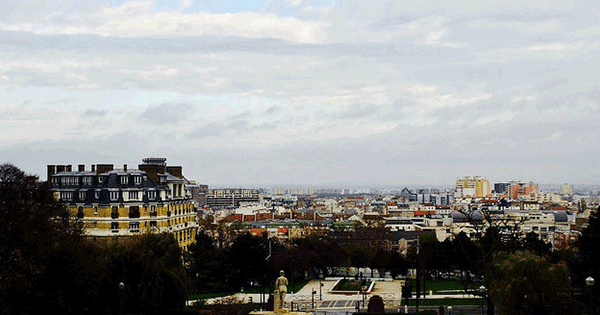
The day after the first round of France’s presidential election, the sun came out as I was having lunch at an outdoor café in central Paris. Like most people I know, I was relieved that Emmanuel Macron, the centrist former economy minister, had come in first. But I was equally disturbed by the extent to which Marine Le Pen—who finished second and will be Macron’s opponent in a run-off scheduled for May 7—had pushed the hard right, openly xenophobic Front National into the mainstream of French political life. I ate my salad and watched a little honey-blond Roma girl alternate between playing and begging in the street. She was cute and could not have been older than five. Many men and women passed, doing their best to avoid eye contact, wincing with pity, or dismissing her with a mixture of annoyance and disgust. Her mother had disappeared, but I recognized her when she came back. They have been on this corner for years, since the girl was a baby in swaddling clothes. They are not just homeless—in fact, they probably are not homeless at all, and more likely live in a community of other Roma who commute into the city every day—but volitionally involved in a lifestyle that guarantees their marginalization and strife. To watch this little girl playing on the corner—a scene that is replicated thousands of times over on intersections all over France—is to watch a woman, and a culture, actively destroy a child’s life. Of course, I know it’s not as simple as that.
Staggeringly complex social issues face France today, as the country not only elects a president but also tacitly holds a referendum on its very membership in the European Union. The scene outside the café reminded me of a bit from a recent piece in City-Journal, an essay by Christopher Caldwell on the French thinker Christophe Guilluy:
Guilluy has written much about how little contact the abstract doctrines of “diversity” and “multiculturalism” make with this morally complex world. … Well-meaning people of all backgrounds “need to manage, day in, day out, a thousand and one ethno-cultural questions while trying not to get caught up in hatred and violence.” … We live in a multicultural society, a society in which “the other” doesn’t become “somebody like yourself.”
This is a crucial component of the conversation we need to be having but aren’t. Yet until we are able to, the Le Pens of the world will continue gathering strength.


